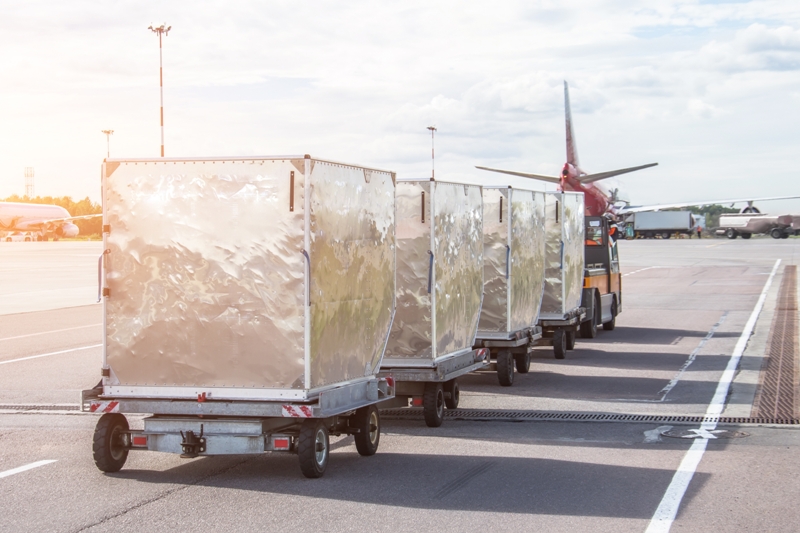IATA: Air cargo market stable despite latest decline
06 / 10 / 2022

Credit: Shutterstock
IATA said the air cargo market is stable despite demand falling for the sixth month in a row in August.
The airline association’s latest data shows that demand in cargo tonne km terms in August fell by 8.3%, which was a slight improvement on the 9.7% fall registered in July.
Capacity increased by 6.3% and the average cargo load factor was down 7.5 percentage points from a year earlier at 46.7%.
IATA director general Willie Walsh said: “Air cargo continues to demonstrate resilience. Cargo volumes, while tracking below the exceptional performance of 2021, have been relatively stable in the face of economic uncertainties and geopolitical conflicts. Market signals remain mixed.
“August presented several indicators with upside potential: oil prices stabilised, inflation slowed and there was a slight expansion in goods traded globally.
“But the decrease in new export orders in all markets except the US tells us that developments in the months ahead will need to be watched carefully.”
IATA highlighted some positive indicators.
The association said that global goods trade expanded slightly in August and added that the additional easing of Covid-19 restrictions in China will positively impact cargo markets.
“While maritime will be the main beneficiary, air cargo will also receive a boost from these developments,” the association said.
It added that inflation levels in G7 countries slowed for the first time since November 2020 and that oil prices stabilised in August.
On the other hand, new export orders, a leading indicator of cargo demand and world trade, decreased in leading economies in all regions except the US.
Looking at regional performance, Asia Pacific airlines registered an 8.3% decline in cargo demand in August, although this was an improvement on the 9% drop registered in July.
“Airlines in the region benefited from slightly increased levels of trade and manufacturing activity due to the easing of Covid-19 restrictions in China,” IATA said.
North American carriers posted a 3.4% decrease in cargo volumes in August as the lifting of restrictions in China improved demand and “a further boost is expected in the coming months”.
Europe-based airlines noted a 15.1% decrease in cargo volumes in August.
“This was the worst performance of all regions for the fourth month in a row,” IATA said. “This is attributable to the war in Ukraine. Labour shortages and high inflation levels, most notably in Türkiye, also affected volumes.”
Middle Eastern carriers experienced an 11.3% year-on-year decrease in cargo volumes for the month as “stagnant cargo volumes” to/from Europe affected the region’s performance.
Latin American airlines bucked the trend with a 9% increase in volumes as airlines have been investing in aircraft and expanding services.
Finally, African airlines saw cargo volumes increase by 1% in August.
At the recent IATA World Cargo Symposium (WCS), IATA chief economist Marie Owens Thomsen said the air cargo market was not too hot, not too cold.
Thomsen said that it was human nature to view a slowdown in growth negatively, but that isn’t necessarily the case when the trade figures are examined from an economic point of view.













